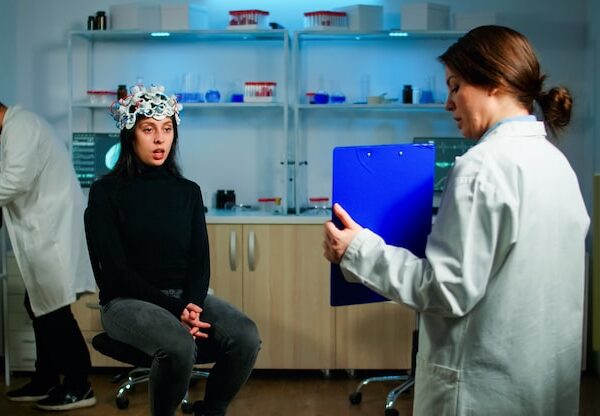
As a parent, your child’s health is always your top priority. From the moment your baby is born, ensuring proper medical attention and consistent care is essential. That’s where primary care pediatrics comes in. This blog will guide you through the key stages of your child’s healthcare journey, from infant care to regular checkups, helping you make informed decisions every step of the way.
Understanding Primary Pediatric Care
Primary pediatric care is the ongoing medical care provided to children from birth through adolescence. Pediatricians are specially trained to handle the unique health needs of infants, children, and teenagers. They don’t just treat illnesses—they also monitor growth, provide immunizations, offer advice on development and behavior, and help manage chronic conditions.
Building a relationship with a trusted pediatrician early on is one of the best ways to keep your child healthy and happy.
The First Step: Infant Care Essentials
The first year of life is a time of rapid development and big changes. Infant care during this period goes beyond just feeding and diaper changes—it includes proper health monitoring and early screenings to catch any concerns before they become serious.
Key areas of infant care include:
- Well-baby visits: These routine appointments check growth (weight, height, head circumference), reflexes, and development milestones.
- Vaccinations: Protect your baby against dangerous illnesses by following the recommended immunization schedule.
- Feeding support: Pediatricians guide parents through breastfeeding, formula feeding, and eventually introducing solid foods.
- Sleep and behavior: Sleep patterns vary during infancy. Your pediatrician can help you understand what’s normal and offer advice if needed.

Growth Checkups: What to Expect
As your baby grows into a toddler and eventually a young child, regular checkups become essential to track development and overall well-being. These checkups usually occur at specific intervals—such as at 12, 15, and 18 months, and then annually after age 3.
Here’s what’s typically included in these visits:
- Physical exams to assess vision, hearing, and motor skills.
- Growth tracking to ensure your child is meeting age-appropriate height and weight markers.
- Developmental screening for cognitive, emotional, and social milestones.
- Guidance on nutrition and physical activity, which become more important as your child gets older.
When to Visit Beyond Checkups
Primary pediatric care isn’t only for scheduled visits. You should also contact your child’s pediatrician when you notice any unusual symptoms or behavior, such as:
- Fever, especially in infants
- Persistent crying or irritability
- Breathing difficulties
- Skin rashes
- Poor feeding or sudden weight loss
- Delays in reaching milestones
It’s better to ask and get reassurance than to overlook something that could be important.
Managing Chronic and Ongoing Conditions
If your child has a long-term condition like asthma, allergies, diabetes, or ADHD, your pediatrician plays a crucial role in managing it. They will create a care plan, coordinate with specialists if necessary, and ensure you’re equipped to handle your child’s needs at home and school.
Primary care pediatrics emphasizes preventive care, so your provider will work with you to reduce complications and help your child live a full and active life.
Preparing for Adolescence
The journey doesn’t end when your child starts school. As they move into the teenage years, new challenges arise—mental health, peer pressure, academic stress, and puberty. Regular visits with a trusted pediatrician give teens a safe space to ask questions and get support.
At this stage, pediatric care might include:
- Education about puberty and body changes
- Mental health screening and emotional support
- Advice on healthy habits, including nutrition, exercise, and sleep
- Addressing topics like substance use, peer relationships, and internet safety
Partnering With Your Pediatrician
A strong parent-pediatrician partnership is key to your child’s long-term health. Be honest during appointments, keep a record of symptoms or concerns, and don’t hesitate to ask questions—no issue is too small when it comes to your child’s well-being.
Conclusion: A Healthy Start for a Bright Future
From those first gentle cries in the cradle to the confident strides into adolescence, primary care pediatrics helps your child grow up strong and supported. With regular checkups, timely infant care, and a proactive approach, parents can feel empowered and prepared. Remember, you’re not alone on this journey—your child’s pediatrician is there to walk with you every step of the way.














